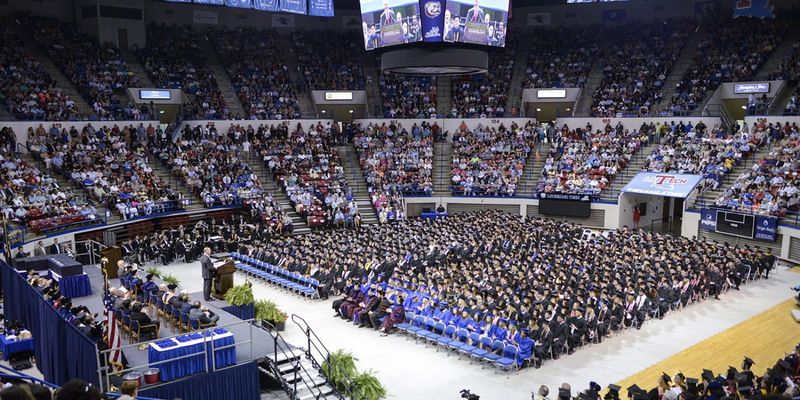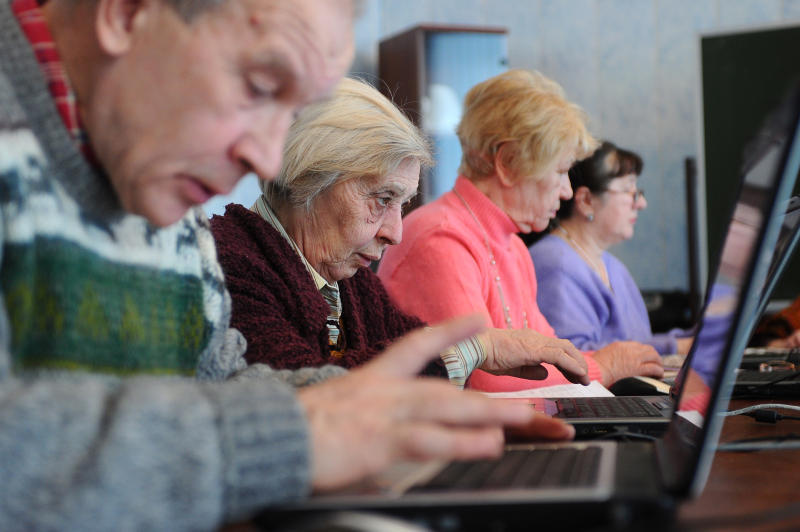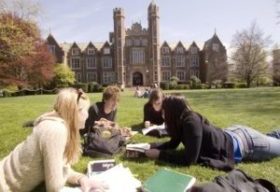Lithuania
From the beginning of the initial year 2020/2021, Lithuanian universities have switched to online learning. Some students decided to take classes remotely without leaving Ukraine, but were willing to go to Lithuania.
Before arriving in Lithuania, students had to fill out a questionnaire from the Ministry of Health of the Republic of Lithuania and receive a Q-code, which had to be shown at the border. When crossing the Lithuanian border, students had to provide the border guards with a certificate of PCR test made no later than 72 hours before entering the country.
It was also necessary to go through a 10-day self-isolation at the place of residence, which could be reduced to five days if the test was negative again. It was impossible to pass self-isolation in student dormitories, but university administrations helped to find suitable places.
Some students experienced stress due to activities that limited students’ communication with each other and teachers. As a result, some Lithuanian universities have started providing students with instructions on how to deal with stress, as well as providing contact information for relevant psychologists.
It was not necessary to obtain a student visa, it was possible to obtain a residence permit upon arrival in the country.
Currently, education at Lithuanian universities also takes place mainly online, but some activities take place in the traditional format, such as :.
- laboratory and practical classes, if they can not be conducted online,
- activities required to prepare students for theses,
- internship for medical students.
Lithuanian university administrations are already preparing for the start of the new academic year in the same format, but if the situation improves, education may return to the traditional format.
The question of the format of education in many European countries for the academic year 2021/2022 is still open, but taking into consideration the active vaccination of the population in European countries, we can hope for the return of students to classrooms.
Both teachers and students miss the usual mode of study because they lack live communication and teamwork.


 kudapostupat
kudapostupat



















 486752
486752 




















